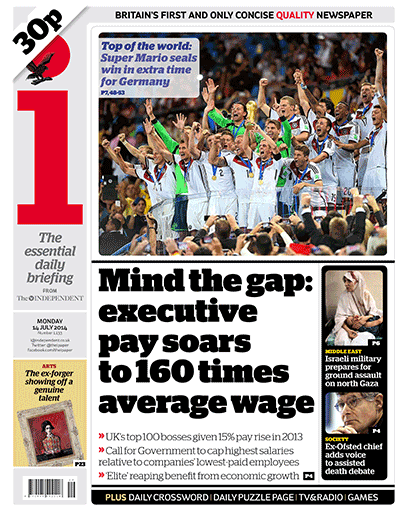
Your support helps us to tell the story
From reproductive rights to climate change to Big Tech, The Independent is on the ground when the story is developing. Whether it's investigating the financials of Elon Musk's pro-Trump PAC or producing our latest documentary, 'The A Word', which shines a light on the American women fighting for reproductive rights, we know how important it is to parse out the facts from the messaging.
At such a critical moment in US history, we need reporters on the ground. Your donation allows us to keep sending journalists to speak to both sides of the story.
The Independent is trusted by Americans across the entire political spectrum. And unlike many other quality news outlets, we choose not to lock Americans out of our reporting and analysis with paywalls. We believe quality journalism should be available to everyone, paid for by those who can afford it.
Your support makes all the difference.
Lord Carey’s call for Parliament to think again about whether terminally ill patients should be granted the right to choose when to die has reignited the assisted-dying debate.
His comments, supported by Archbishop Desmond Tutu yesterday, put him at odds with long-held views of the Church of England and his successor, the current Archbishop of Canterbury, Justin Welby.
With Lord Falconer’s Assisted Dying Bill having its second reading in the House of Lords this Friday, it is high time that a proper debate is held about an increasingly emotive human right.
As compassionate human beings, it is difficult to disagree with the notion that someone should be able to end their own life if their suffering has become too much for them to endure. We already have “do not resuscitate” orders which allow medical professionals to respect the wishes of patients who do not want to undergo life-saving CPR. Life-support machines can also be switched off if there is tacit consent between doctors and relatives, allowing a life to end.
The real points of disagreement centre on the conditions that should be imposed before a decision to end life is taken.
Most people remember the heartbreaking case of Tony Nicklinson, who suffered from locked-in syndrome following a stroke in June 2005. He was of sound mind, but was left paralysed from the neck down and unable to speak. After communicating to his family his wish to end his life, Mr Nicklinson mounted a legal challenge to current legislation, saying he “had no dignity” left. Any who questioned his initial decision were left in no doubt on seeing his reaction when his appeal was rejected.
We strive to end suffering all over the globe. With the right safeguards in place, the arguments to allow a terminally ill patient to end their own life get stronger.
If the right to life is the ultimate civil liberty, who are we to say that the right to die with dignity is not?
Twitter: @jonesrhodri
Join our commenting forum
Join thought-provoking conversations, follow other Independent readers and see their replies
Comments